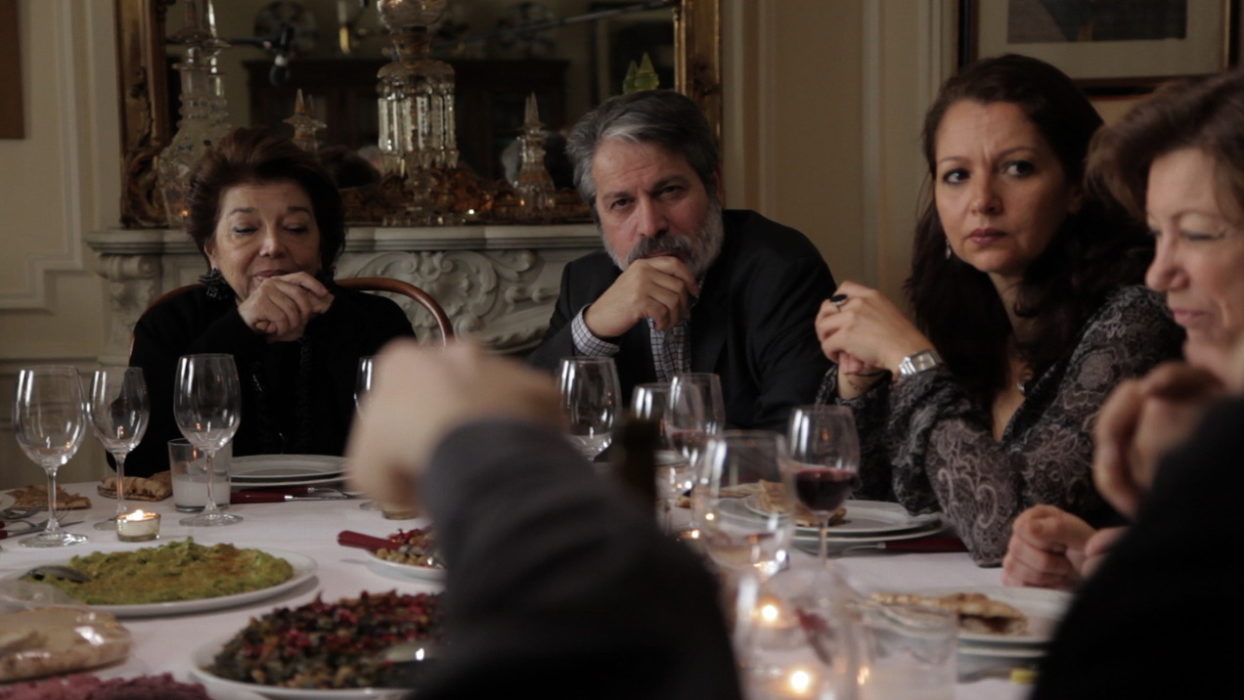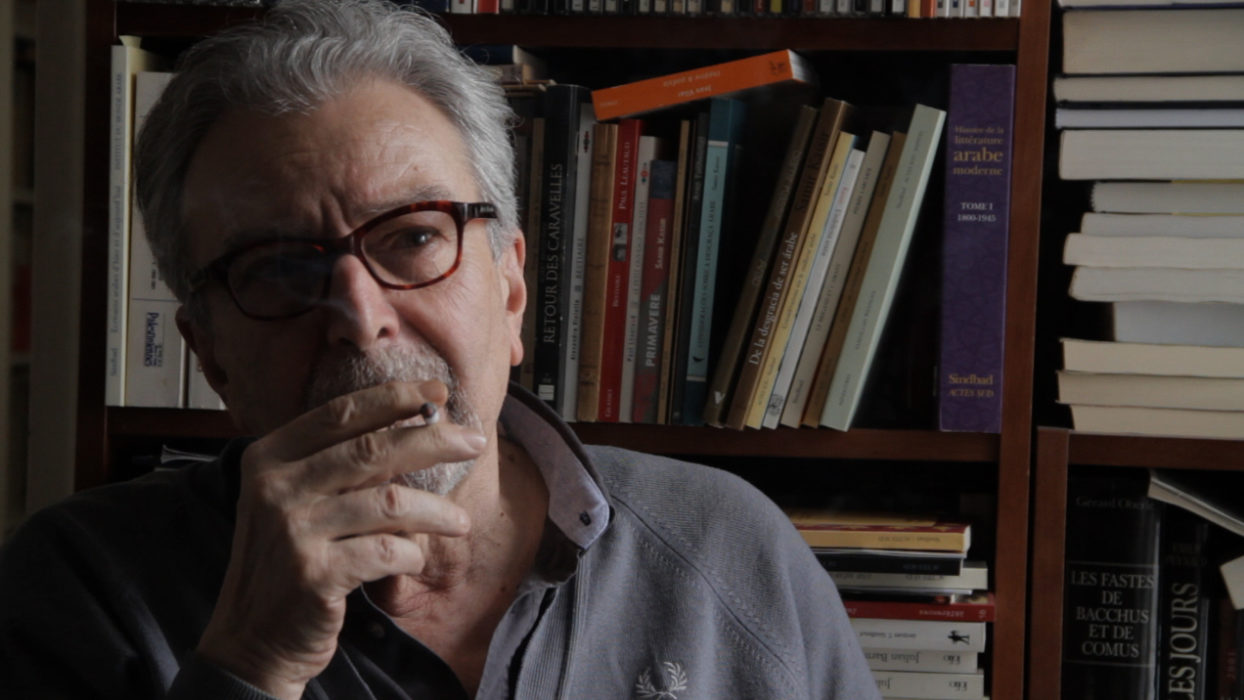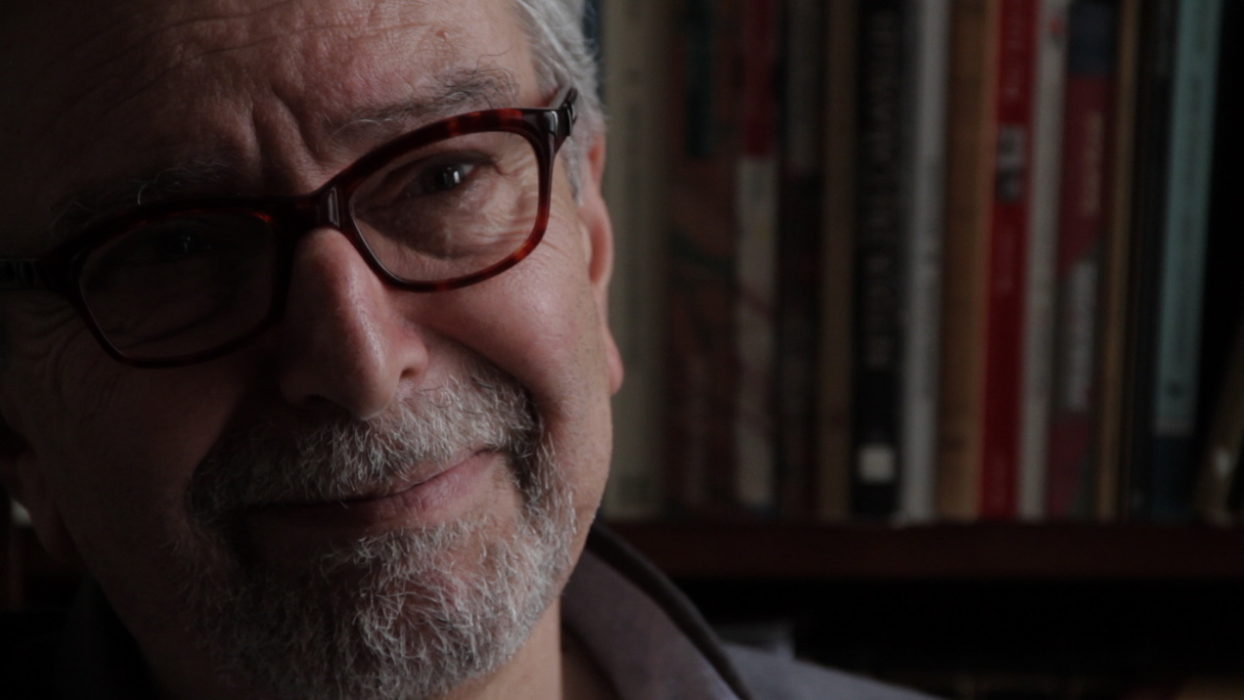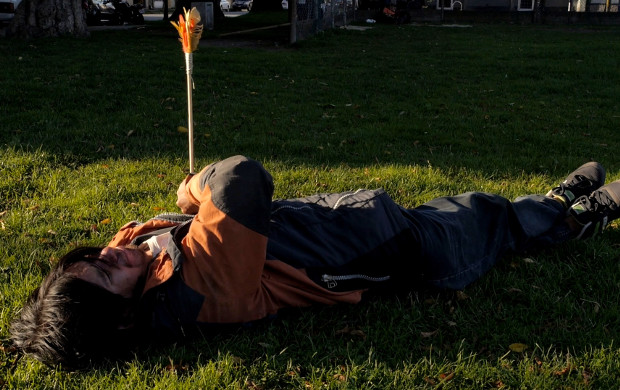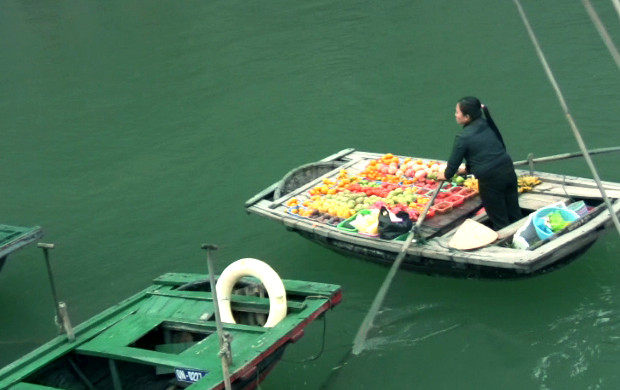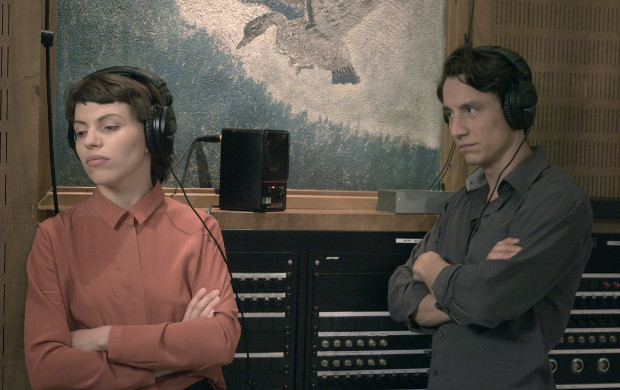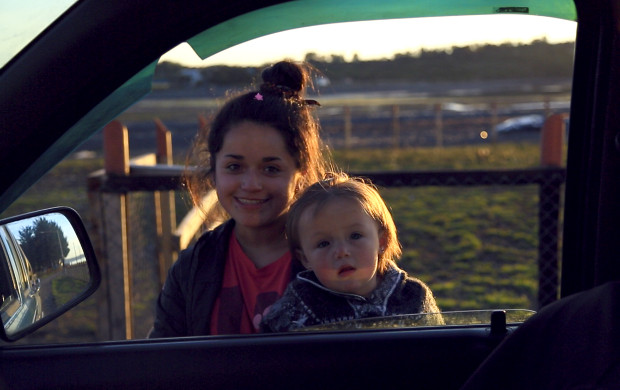Mouhassaron mithli
Besieged Like Me
Un assiégé comme moi
- 2016
- Syria; France
- 92 minutes
- French; Arabic
“Down there, at the end of the long tunnel, a besieged man like me will light his wound with a candle so you can see him shaking the darkness from his cloak.” These words by the poet Mahmoud Darwich accompany Farouk Mardam-Bey, a politically engaged, exiled Syrian publisher who has been living in France for fifty years. Keen to keep up from afar with the political and cultural happenings in the Arab world, he is seen as having a bridging role between Europe and the Middle East. The filmic dispositif is revealed up front, as we see the film crew busying about in his flat ahead of the dinner he is cooking for friends. It is the kitchen, the place of mixtures and pleasure, that anchors the portrait, thus relieving it of any hagiographic pomp. Just as cutting up the vegetables seems conducive to personal storytelling, entertaining guests broadens out the portrait to plural viewpoints belonging to an informal and transnational community of humanist intellectuals. Mainly focused on the current situation in Syria, the discussions among the dining companions bring a glimmer of hope – ome mention the initiatives of residents in the liberated zones. As these conversations are preceded by archive footage of Farouk and his friend discussing Darwich’s poems, Hala Alabdalla underlines the distinction between attachment to a culture and patriotism. The film could indeed have taken its title from a line of Darwich’s poetry: “Earth presses against us”. (Charlotte Garson)
- Production : Ramad Films; Cosmographe Productions
- Editing : Dominique Paris
- Sound : François Abdelnour
- Photography : Johane Delachaire; Frédéric Goupil; Jean-Christophe Beauvallet; Fatma Cherif
- Copy Contact : Ramad Films
